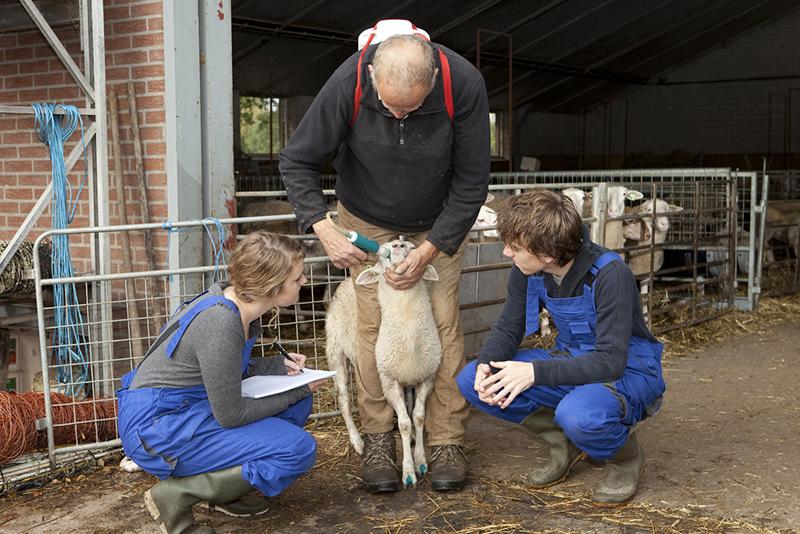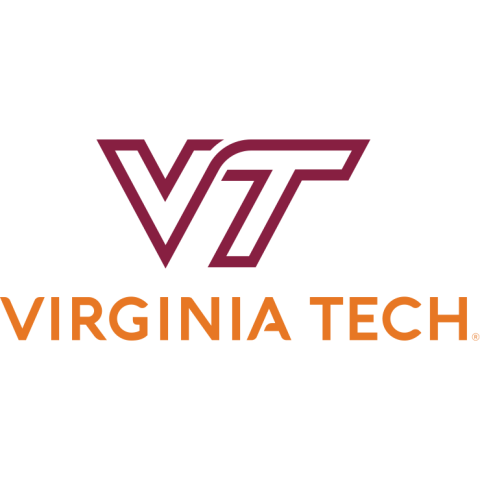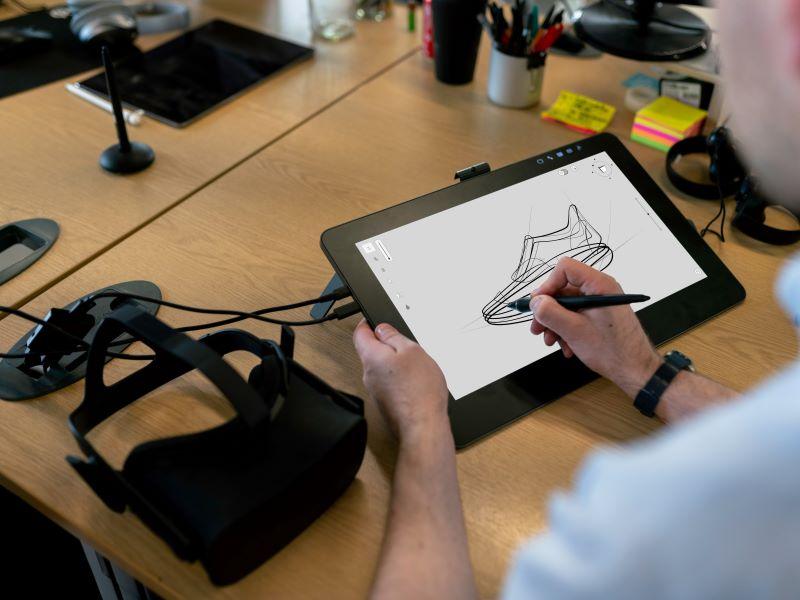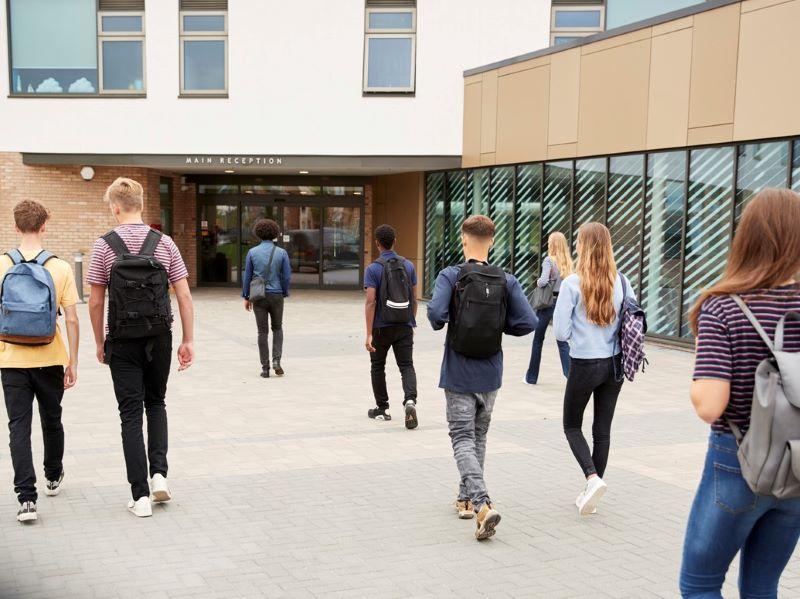
Leveraging internships to empower first-generation students
You may also like
Internships are powerful tools that can significantly support and empower first-generation students in their academic and professional journeys. I was a first-generation college student and, throughout the four years of my undergraduate education, I did well academically but had few connections and resources and always felt as if I was a few steps behind my peers.
Today, I believe that it’s up to higher education leaders and luminaries to create and facilitate opportunities for first-generation students. A 2022 report released by educationdata.org shows that first-generation students have a dropout rate that is 92.2 per cent higher than that of their legacy peers. We need to thread the needle in a way that is resonant and helpful. We must offer resources that are informed by first-gen students’ experiences.
- Resources on lifelong learning
- Higher apprenticeships reimagined for lifelong learners
- Want student success? Modernising your careers centre is vital
As higher ed institutions, we cannot recruit and retain first-gen students without intentionally understanding and addressing the challenges that they face. People with power and proximity to power must help level the playing field for students who do not have the financial and social capital that “legacy” students with college-educated parents possess.
Creating first-gen opportunities through internships
Internships can be transformative opportunities for college students, particularly for first-generation individuals navigating higher education’s multifaceted – and unknown – landscape. These experiences offer invaluable practical exposure, networking opportunities, financial resources and skill development crucial for professional success.
One of the first things I did when I joined Virginia Tech in 2018 was to implement and develop the first-ever first-gen paid internships in my department.
I knew I could do something from my perch as vice-president of scholarly integrity and research compliance. In this role, my department and I interact with almost every college and department under the Virginia Tech aegis.
Internships can specifically support and empower first-generation college students on their academic and career pathways in many ways, including:
- Closing the experience gap: First-gen college students often lack familial exposure to professional settings compared with their “legacy” peers, and internships can bridge this gap. These opportunities offer practical, hands-on experiences aligned with students’ academic pursuits. They also enhance first-gen intern résumés, levelling the playing field in competitive job markets.
- Building professional networks: Internships offer first-generation students access to professional networks – a crucial asset both in real time and for the future. Exposure to industry professionals and networking opportunities during internships can dramatically boost career trajectories. These connections can even transform into job opportunities post-graduation.
- Enhancing skill sets and career-readiness: Internships offer a platform for first-generation students to develop and refine the essential skills employers seek, including soft skills – communication, collaboration, problem-solving. Acquiring these skills makes first-generation students more competitive and desirable in the job market.
- Addressing financial challenges: Financial constraints often pose significant barriers for first-generation college students. Paid internships provide much-needed financial support. To connect more students with paid internships, Virginia Tech is not only offering additional on-campus internships, but also forging partnerships with local or regional businesses for paid experiential opportunities.
- Instilling confidence in skills and career-readiness: Engaging in successful internships validates the capabilities and potential of first-generation students. These experiences instil confidence and a sense of belonging within the professional sphere, and these in turn reinforce interns’ belief in their abilities and their level of career readiness.
Catalysing first-gen students’ holistic development and professional success
When I came to Virginia Tech, I was impressed by what the university was doing for first-gen students – real front-of-the-curve thinking in recruitment and wrap-around support services. It resonated with me.
Internships stand as a catalyst for the holistic development and professional success of first-generation college students, paving the way to a more equitable future. Empowering these students through internships not only supports their individual journeys but also contributes to a more diverse, inclusive and enriched workforce.
Virginia Tech offers paid internships in many colleges and departments as well as a host of additional first-gen resources, including mentorships, peer connections, a first-gen student living learning community, social events, whole-family events and professional and career resources. Many of these were informed by the input and experiences of first-gen students.
First-generation Hokies – Virginia Tech students – are incredibly fortunate with the resources available on campus. Not only is there a strong and varied first-gen community, but there are also exceptional academic, social and career resources here – holistic, authentic resources for and by first-gen students.
Lisa M. Lee is associate vice-president for research and innovation and professor of public health in the department of population health sciences in the Virginia-Maryland College of Veterinary Medicine. She also serves as a mentor to first-gen students at Virginia Tech. Virginia Tech has been designated a First-Gen Forward institution by the Center for First-Generation Student Success, an initiative of NASPA and the Suder Foundation.
If you would like advice and insight from academics and university staff delivered direct to your inbox each week, sign up for the Campus newsletter.




